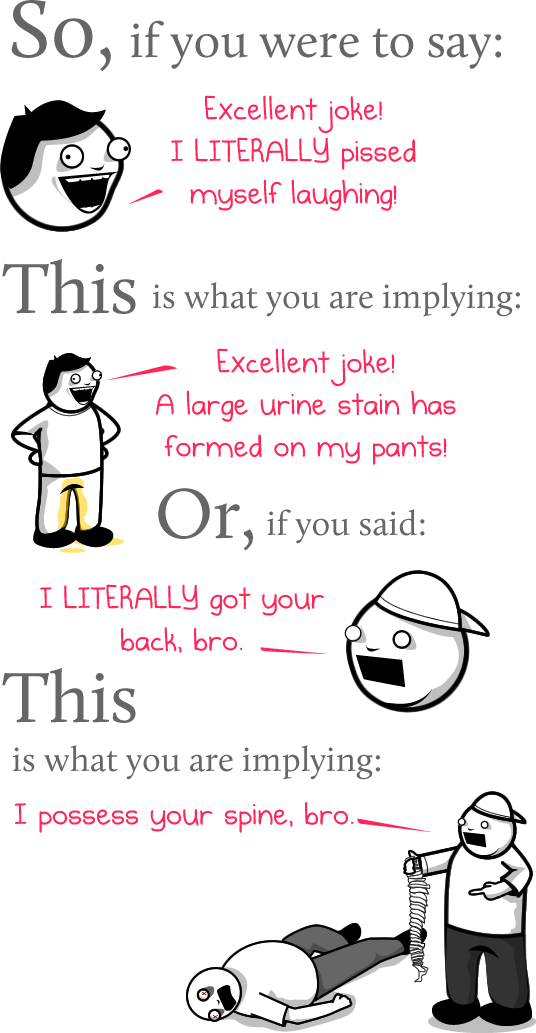Proof That the Human Race is Stupid
Human Online Activity
As of May 2012 Alexa ranked the top most visited sites on the Internet. It is disturbing that
- Facebook is #2 - a social network site were stupid people voluntarily divulge way too much about themselves and post embarrassing photos that come back and haunt them later in their life.
- YouTube is #3 - This site makes pop television seem sophisticated.
- Wikipedia is #6 - In the past encyclopedias were written by educated scholars. Now your pot smoking neighbor, an aging hippie, is considered a respectable wikipedian source of knowledge. My college professor would grant you an appropriate F grade for sourcing this fact fiction hybrid database.
- Twitter is #8 - Say whatever comes to mind as fast as you can, broadcasting it online, prior to venting it, and later facing the consequences because there's no taking it back once it's out there. Twitter allows you to literally know the thoughts of all your favorite ignorant celebrities and their stupid political opinions.
Proof that people are getting dumber. "latest news" 3/15/12 - Wikipedia has forced Encyclopedia Britannica to stop the presses after 244 years of print. After 244 years, the Encyclopedia Britannica has decided to halt the presses and go out of print. Facing the realities and the stiff competition from Wikipedia, the Encyclopedia Britannica will now focus primarily on their online services. But even then, it might be too late. Wikipedia has grown to be the number one source for students. In fact, many students will stop research and change topics if it’s not on Wikipedia.
Can't see the ramifications of this? Read Wikipedia Alternatives and if you attend a respectable university, don't try sourcing Wikipedia on your term paper.
The Human Race is Literally Stupid
Literally: a crutch word.
Some dictionary "trustees" are adding the “non-literal” version of literally to its offerings. Well-known names such as Merriam and Cambridge have followed in Google’s footsteps by including a meaning that goes something like “used to acknowledge that something isn’t literally true but is used for emphasis or to express a strong feeling.”
Your speech literally becomes less effective, as it is literally lost in the usage of tautological repetitive diction. Many basics literally claim that using, “literally” literally strengthens their sentence because it literally puts an extra emphasis on what they are literally saying "literally" happened. Literally.
